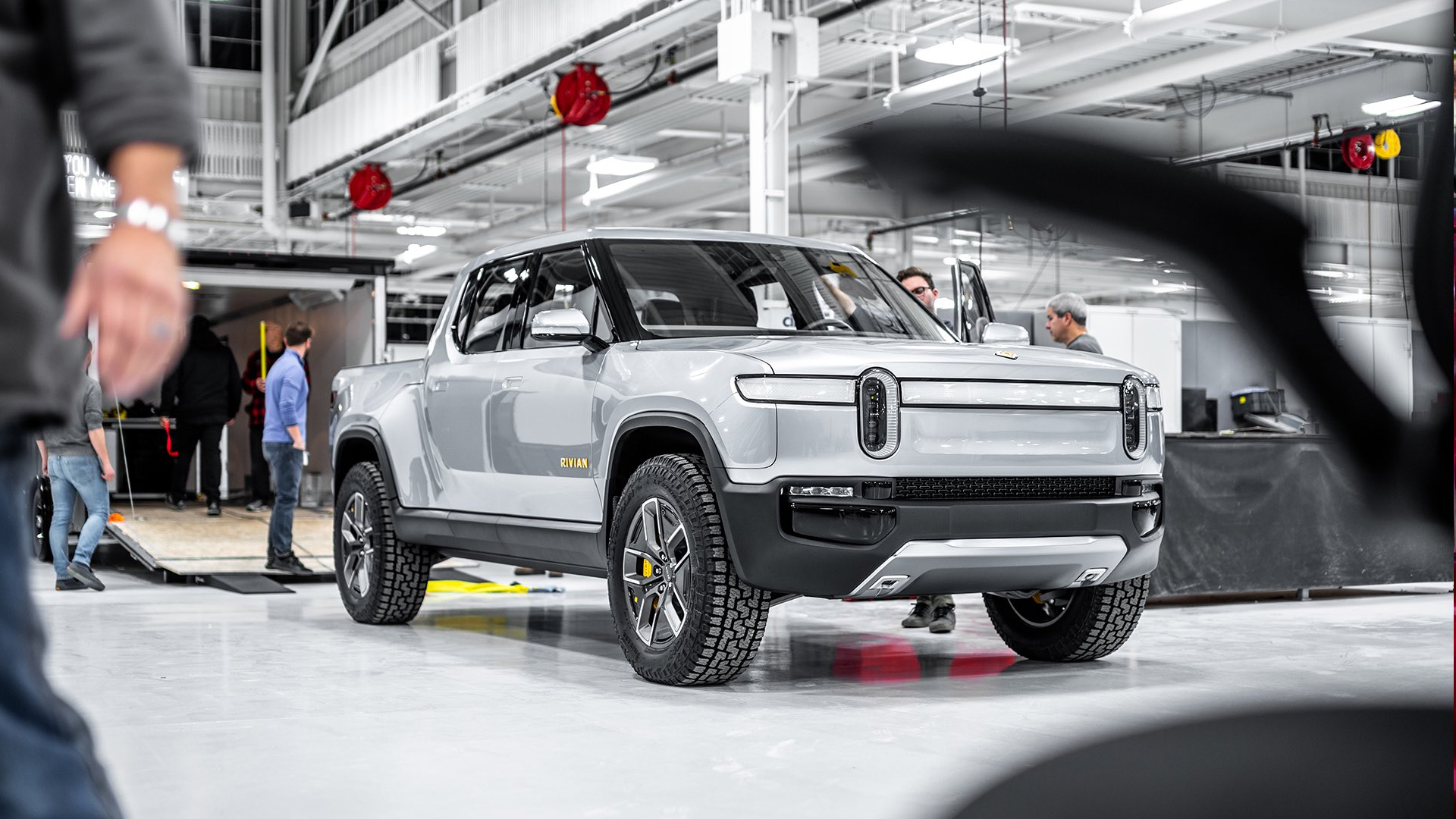

In more ways than one, Tesla has its sights set upon rival electric automaker Rivian. According to a lawsuit filed last Friday, Tesla alleges that Rivian has engaged in an “alarming pattern” of pilfering its employees and using them to encroach on Tesla’s intellectual property.
According to the complaint, Tesla alleges that Rivian has a pattern of purposefully recruiting Tesla employees and encouraging its new hires to take proprietary information from Tesla as they leave. In total, Tesla names Rivian and four former employees in its suit, but has also noted that it identified other employees who may have brought trade secrets to Rivian at that startup’s request.
One specific former employee named in Tesla’s lawsuit is Kim Wong. Tesla alleges that Wong was hired by her former manager who had previously left for Rivian and was informed that Rivian did not have specific templates or structures needed for the startup’s recruitment efforts. Tesla says that on the same day that Wong spoke with her former manager regarding her background check, she later sent 16 “highly confidential and trade secret recruiting documents”—the same type of documents which it claims Rivian needed—to her personal email account.
Other employees named in the suit were accused of taking documents related to manufacturing specifications and automation, employee pay scale, interviewing processes, organization charts and documents that identified high-performing employees. One employee was even accused of retaining a company laptop.
Interestingly, another employee directly named in the suit is accused of forwarding an email containing a list of high-level Tesla employees which are considered to be experts in the deployment and management of vehicle charging networks. Tesla believes that Rivian could use this information to target recruitment for its own team of individuals responsible for designing a distributed charging network. It’s worth noting that Rivian does have a job opening posted for an individual who would be responsible for overseeing the build-out of a level 2 charging network program.
Tesla goes on to say that this type of employee poaching not only gives Rivian an unfair competitive advantage but also violates the employee’s non-disclosure agreement with Tesla. Since Rivian’s founding in 2009, Tesla claims that it has hired at least 178 ex-Tesla employees, including 13 employees who now act as employee recruiters. In total, Tesla believes that roughly 70 of those hires came directly from Tesla, 22 of which left in the last four months.
This isn’t Tesla’s first rodeo with supposed intellectual property theft. As pointed out by Bloomberg, the automaker sued autonomous driving startup Zoox in 2018 for similar reasons, followed by another lawsuit in 2019 against a former Autopilot engineer who went on to work for Alibaba-backed EV startup Xpeng Motors.
In a statement, Rivian expressed its admiration for Tesla’s ability to reset the “expectations of what an electric car can be” and called the claims baseless and against corporate policy to “introduce former employers’ intellectual property into Rivian systems.”
Rivian currently employs approximately 2,400 people and bares the $6 billion backing of companies like Amazon, Ford, and T. Rowe Price. It plans to begin production of its upcoming all-electric R1T truck and R1S SUV by mid-2021, followed by an arrangement to produce more than 100,000 battery-powered delivery vans for Amazon.
If you know anything about the situation between Tesla and Rivian, email us: tips@thedrive.com or securely at thedrivemedia@protonmail.com